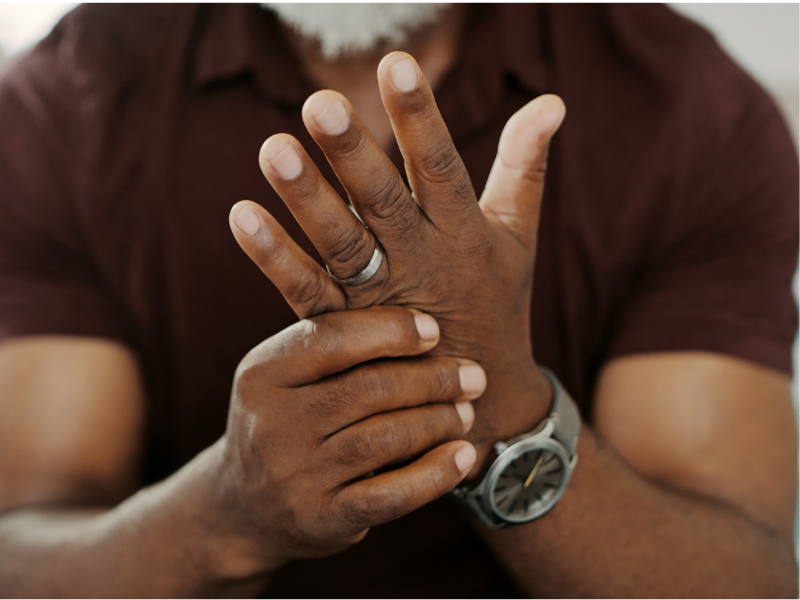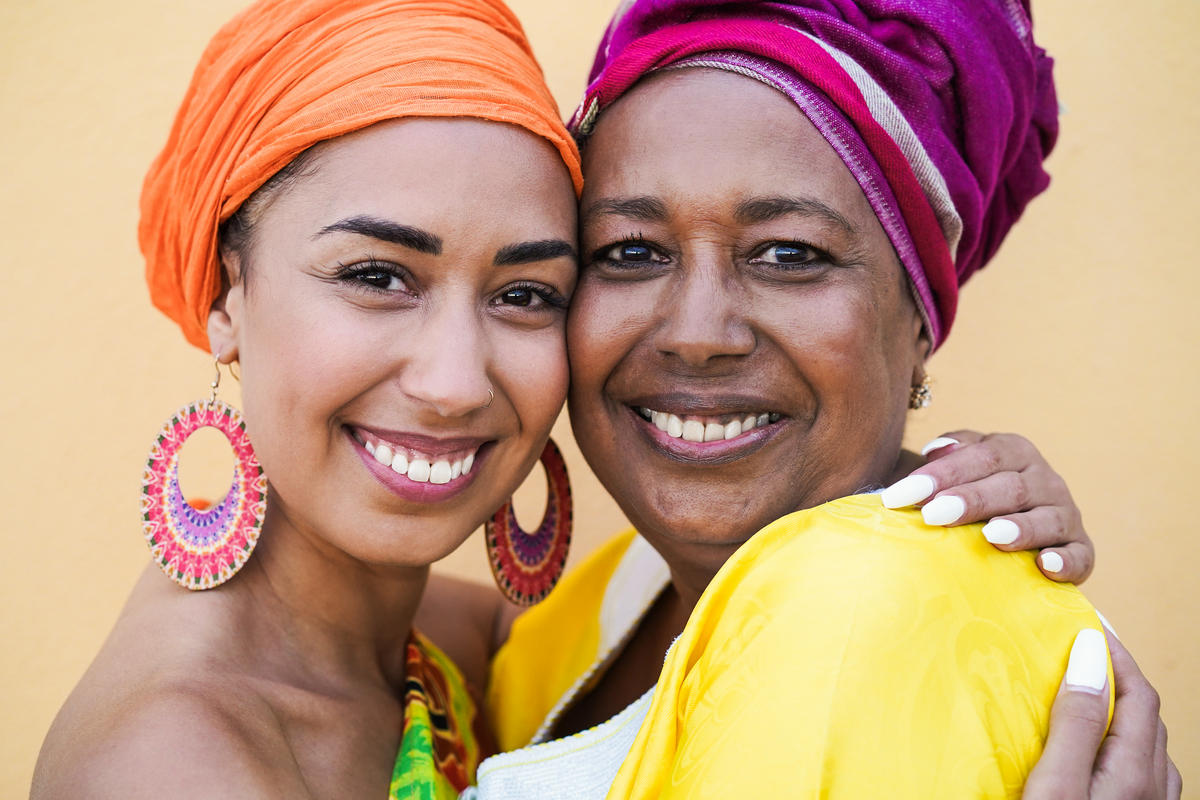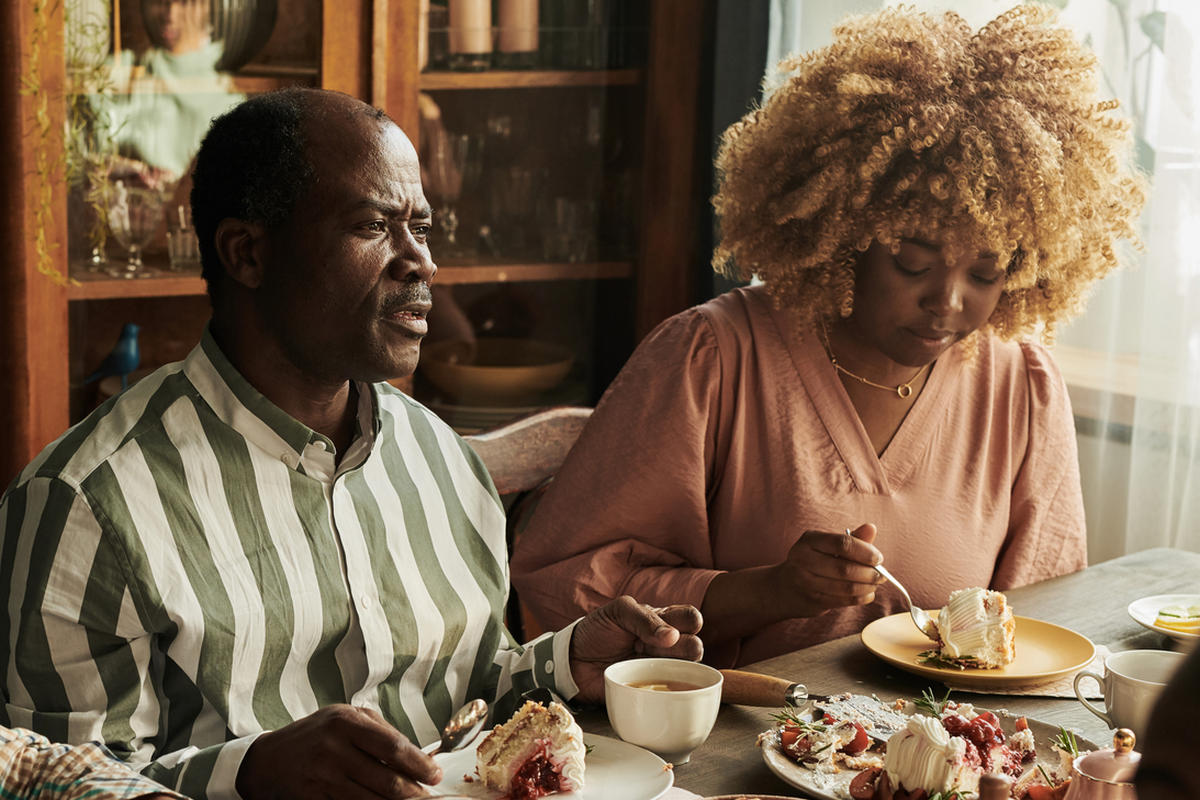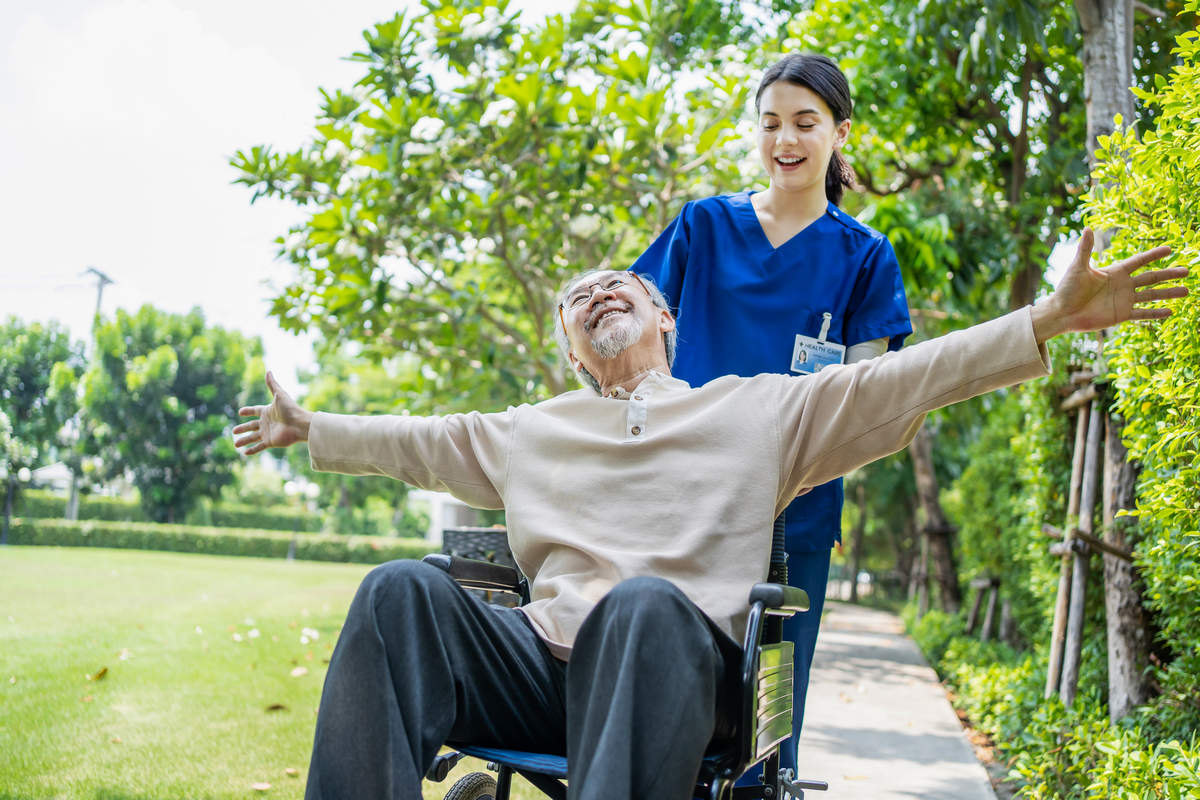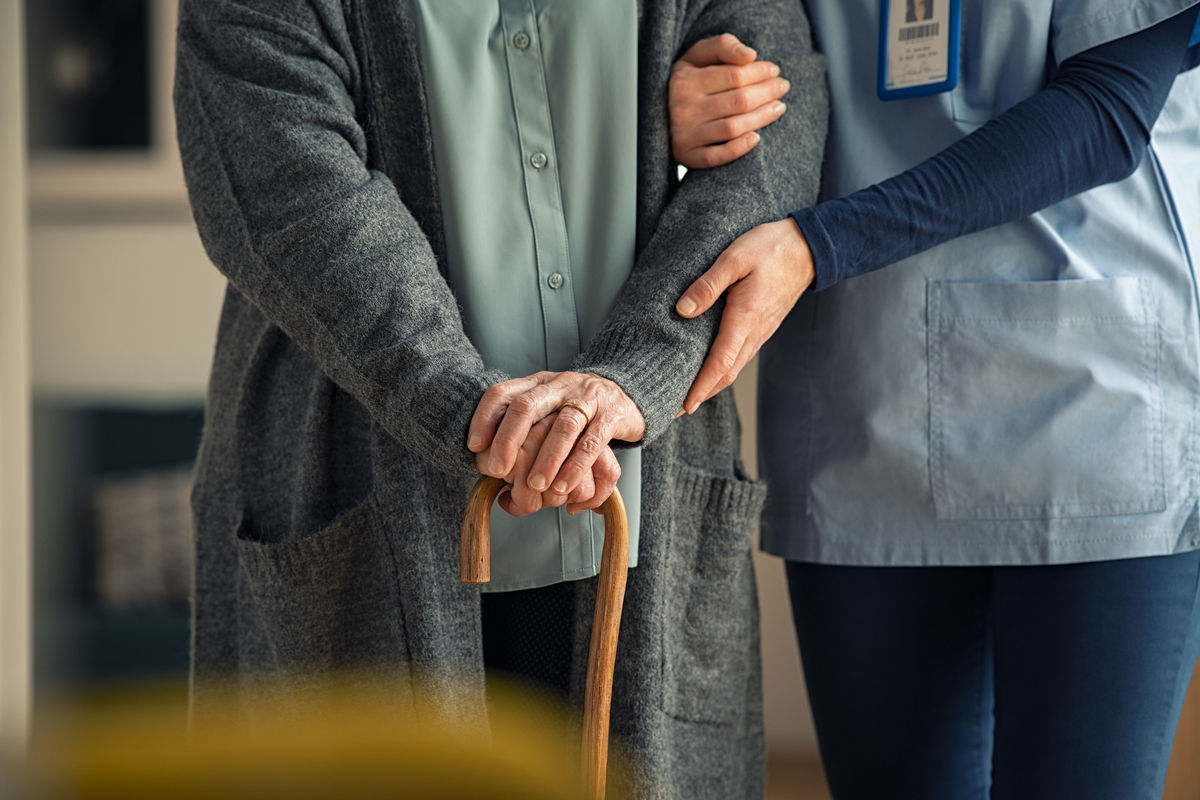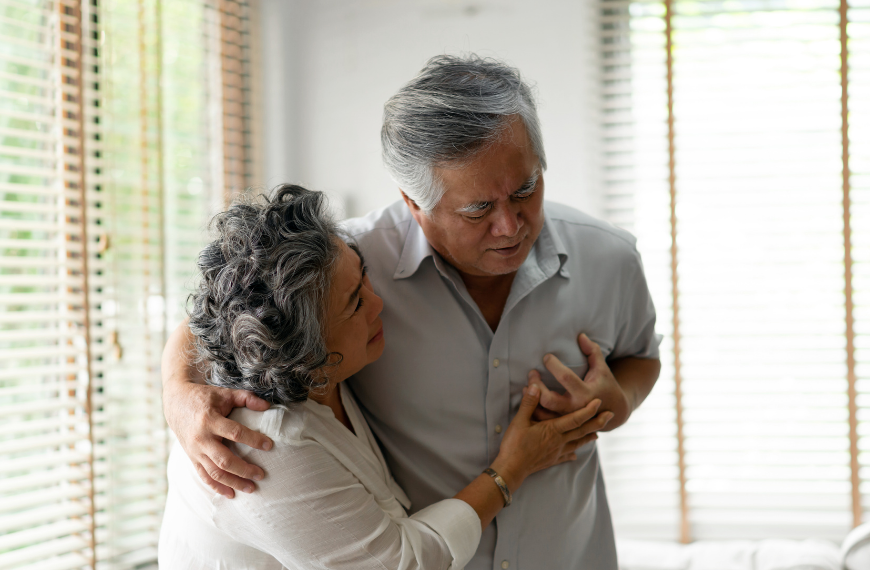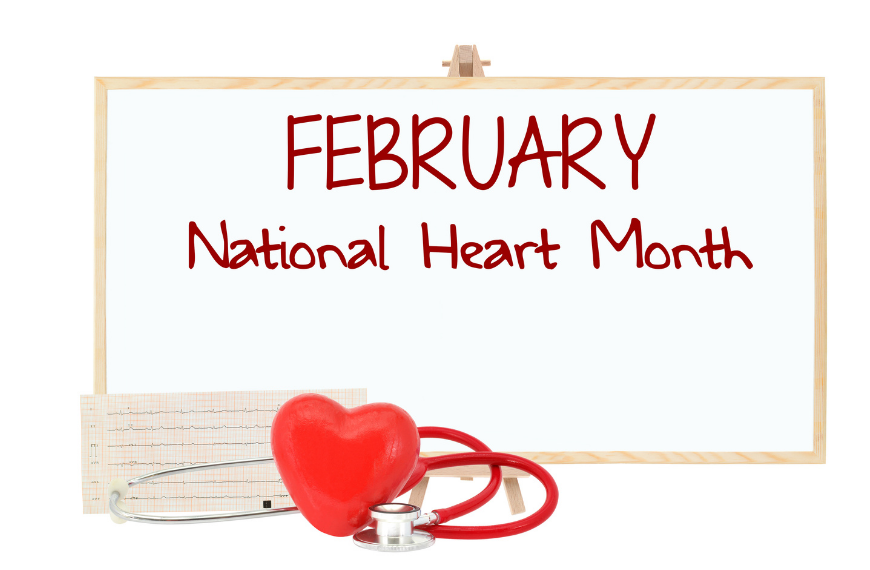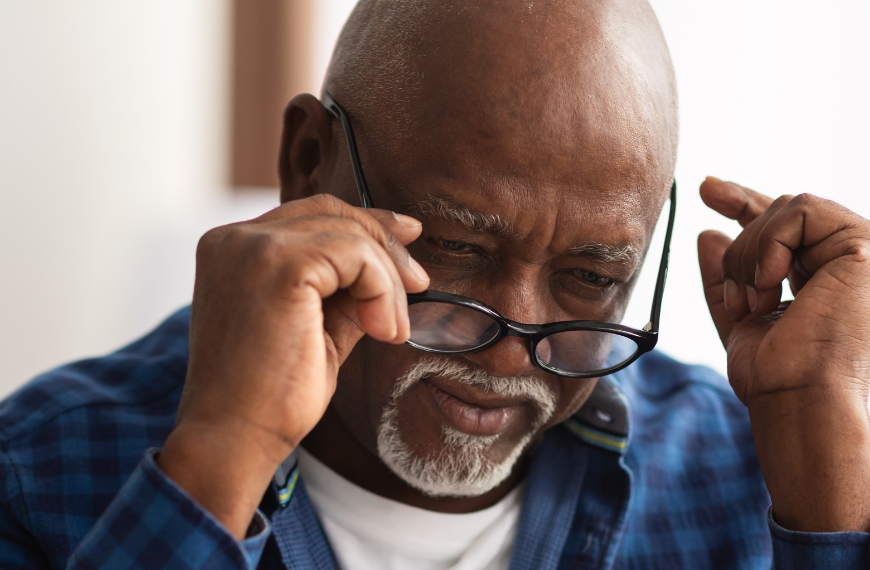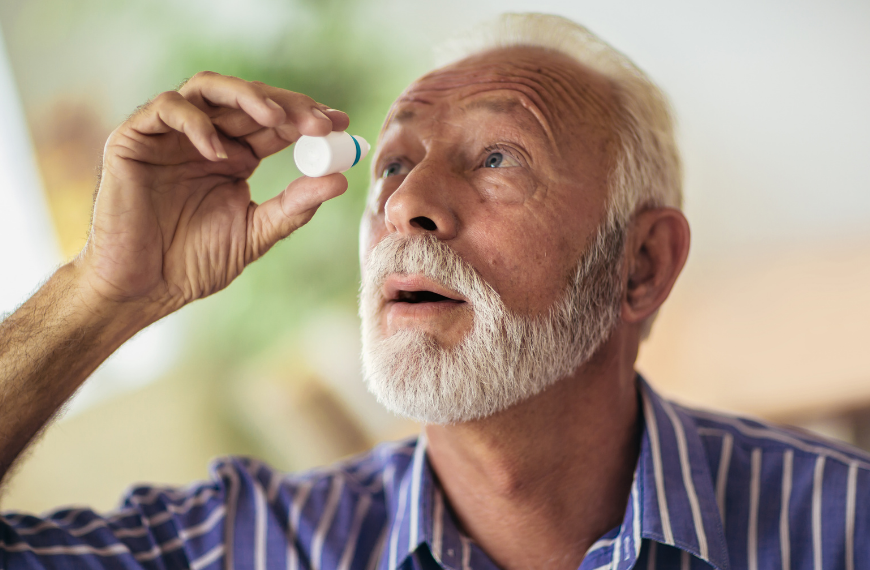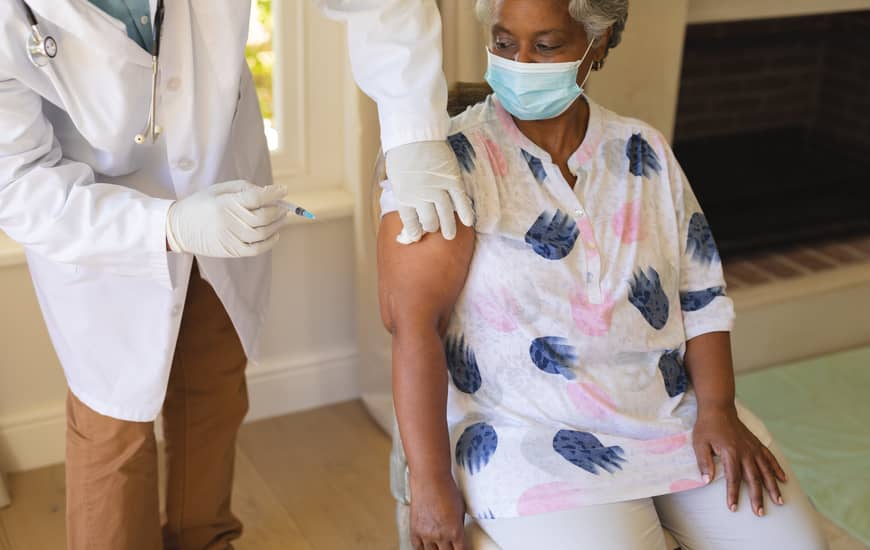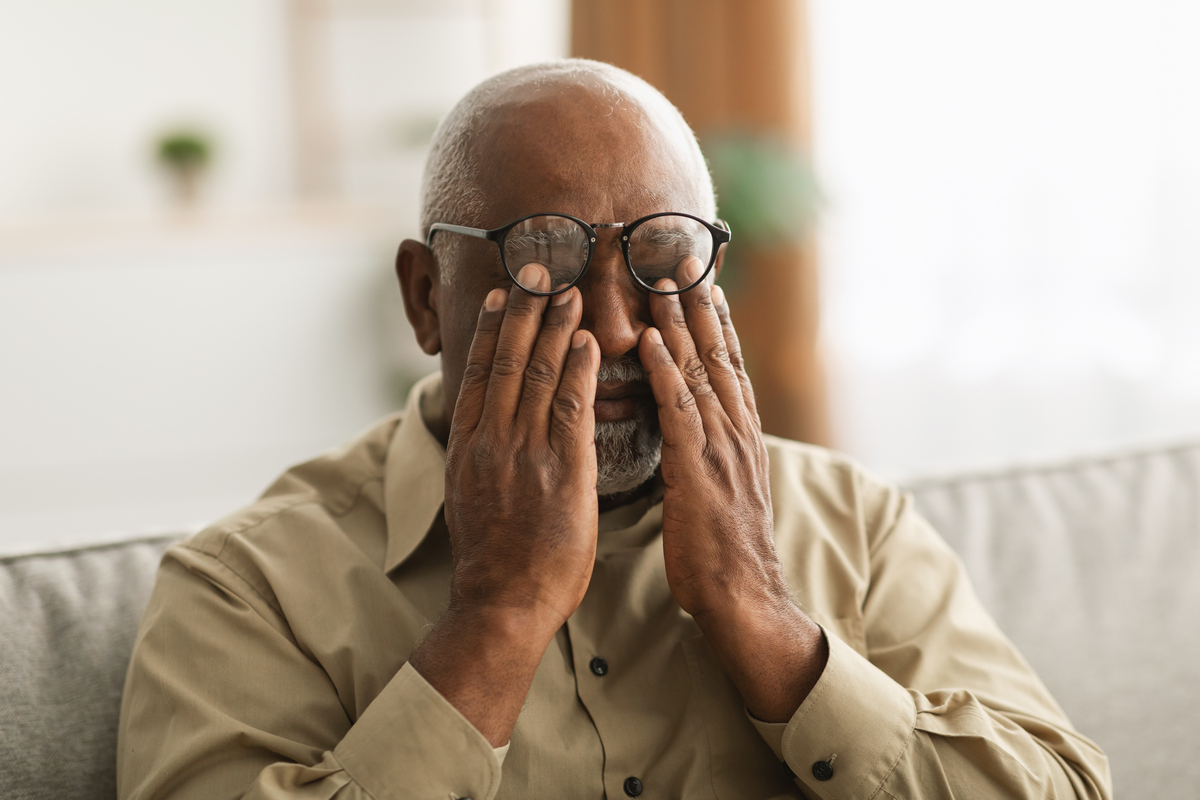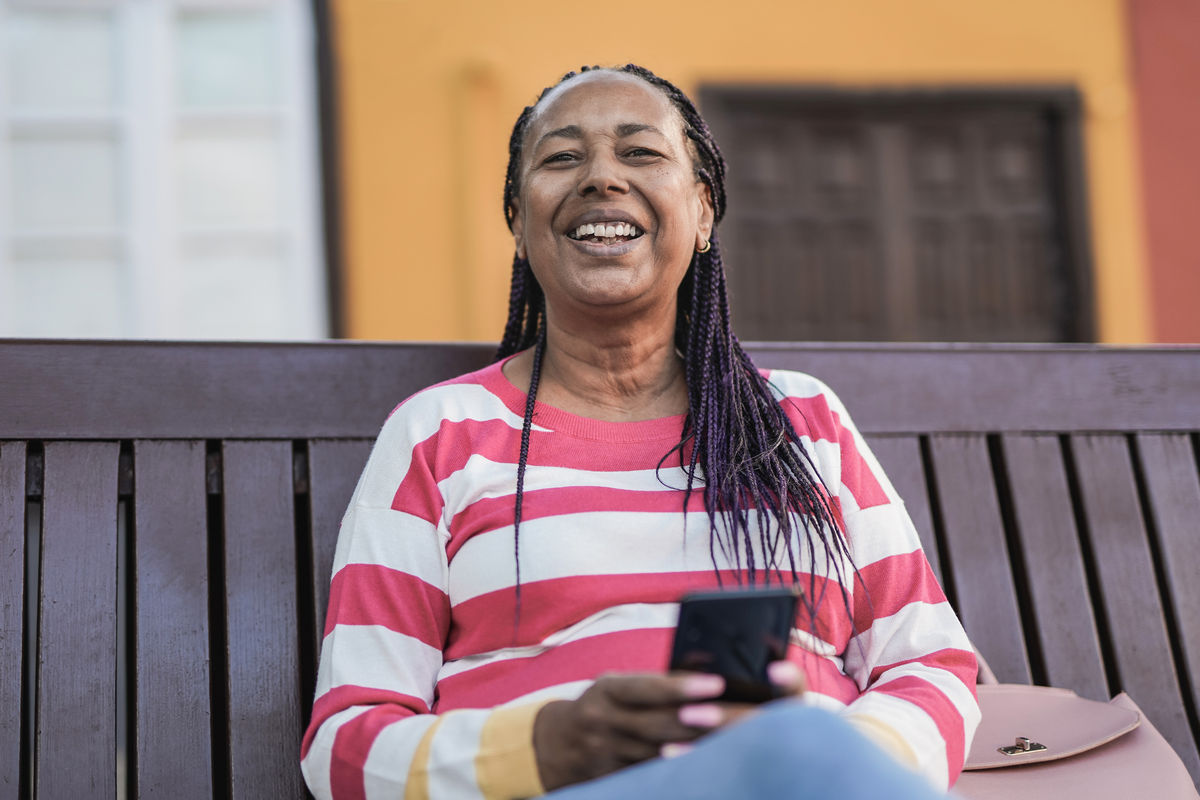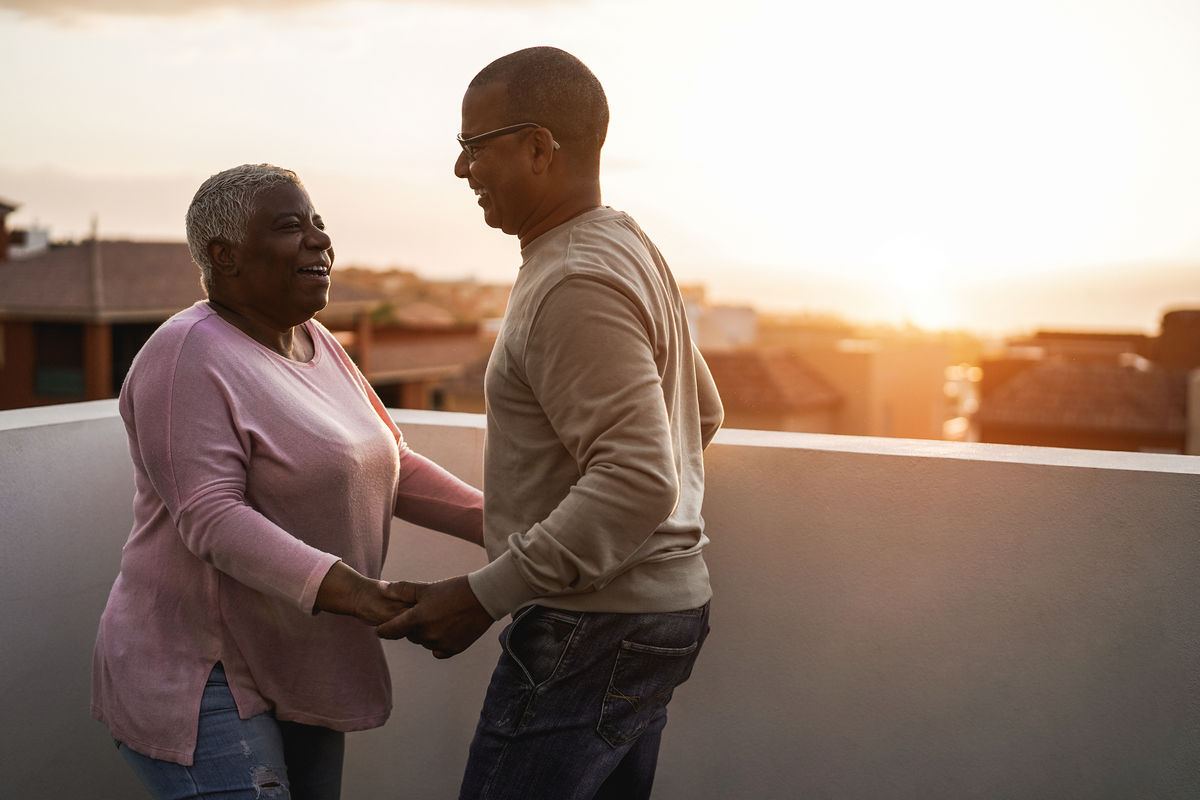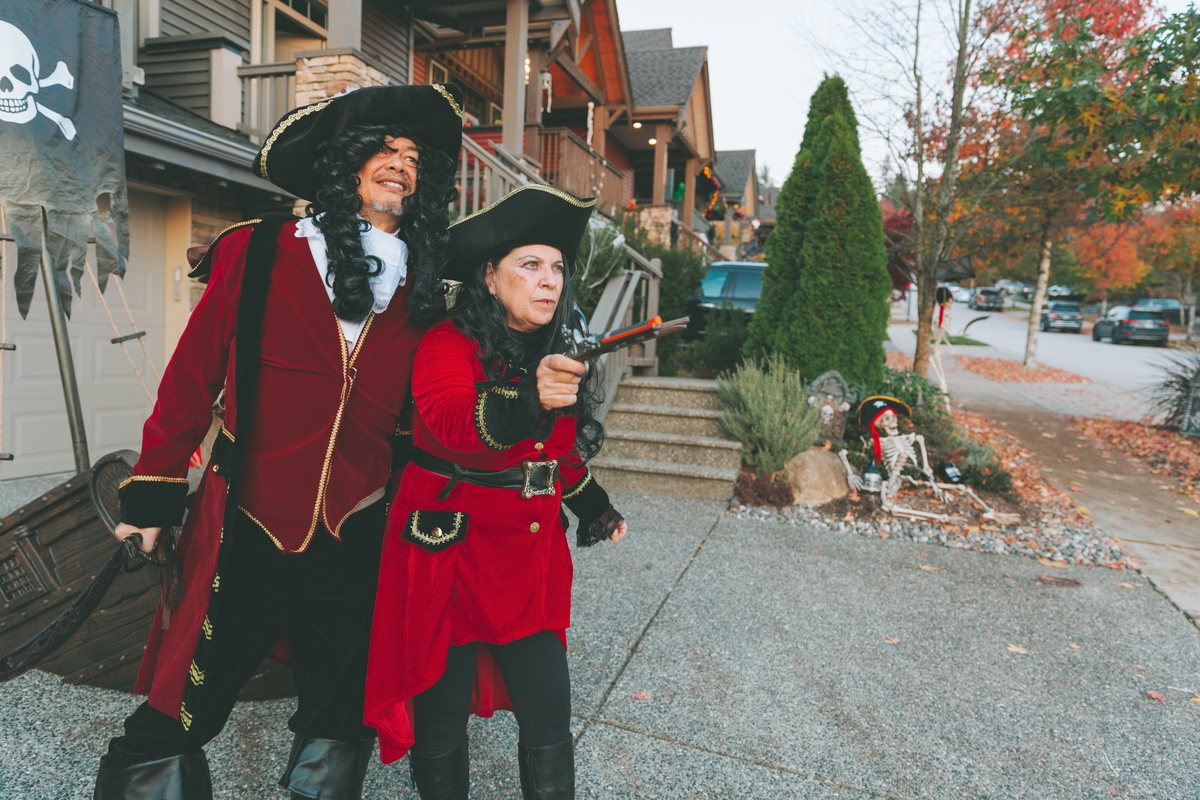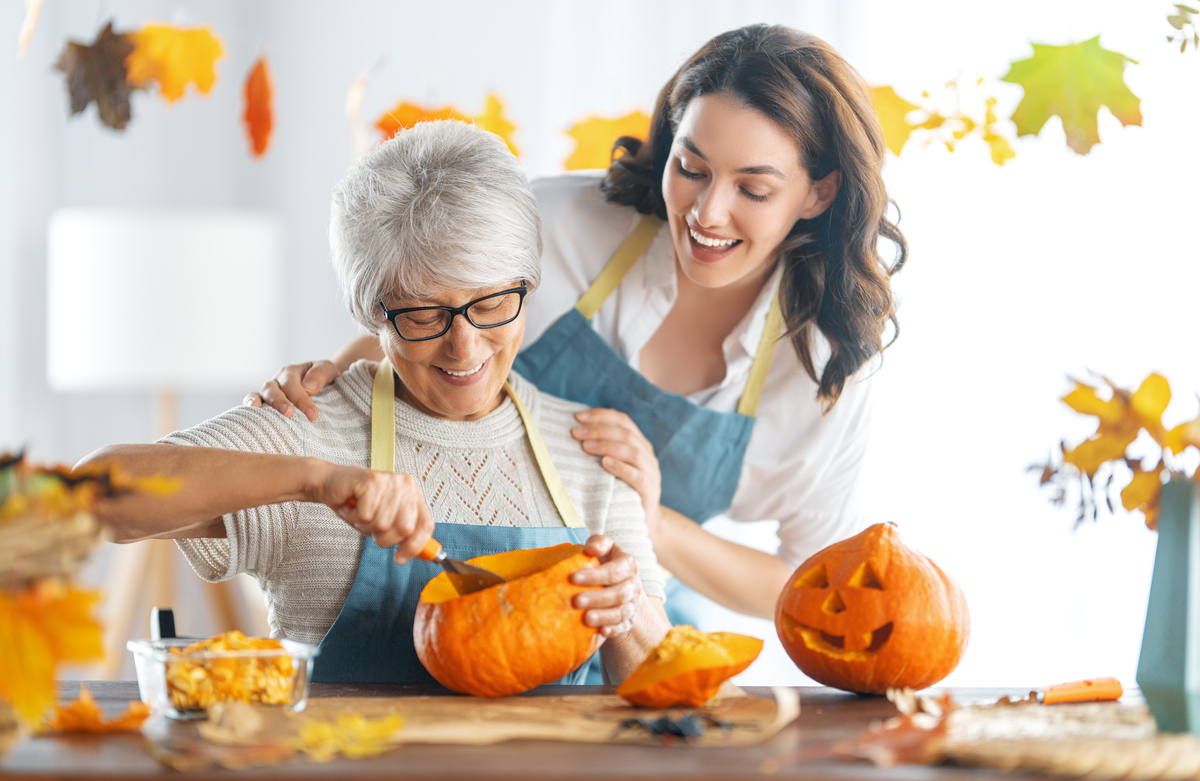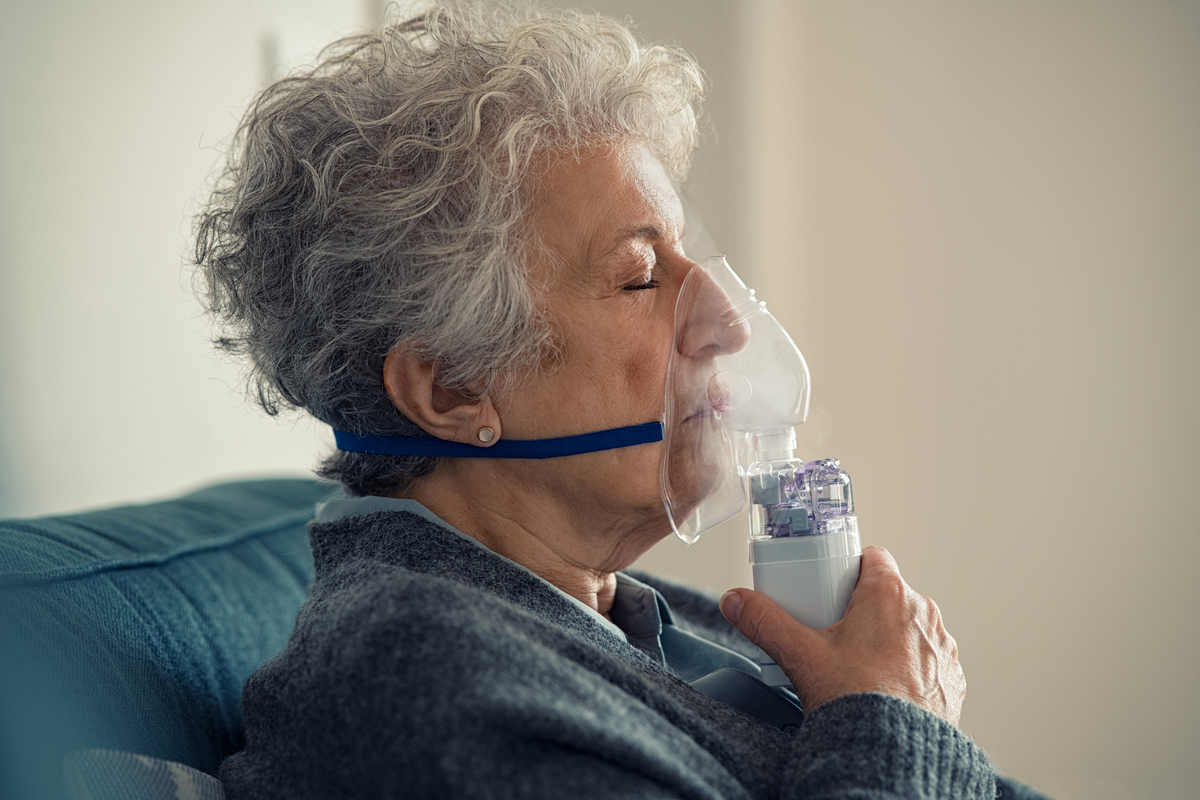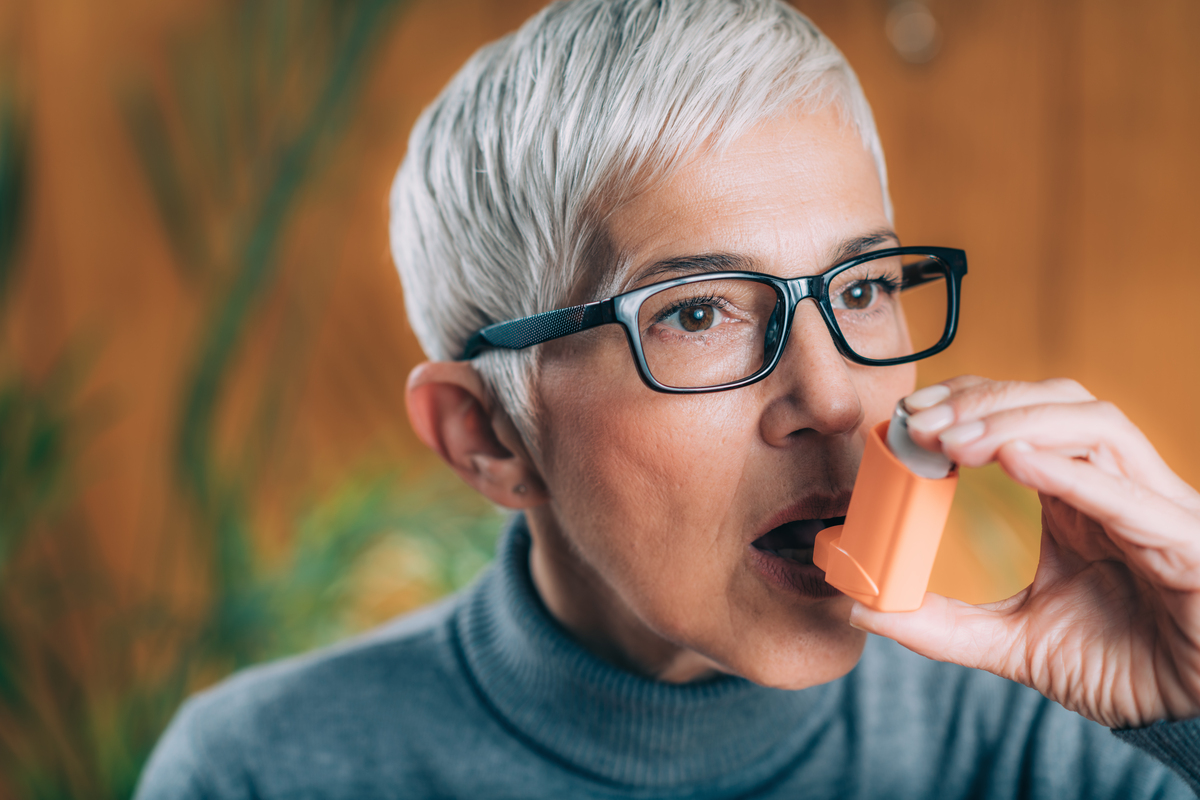May is Arthritis Awareness Month. This condition causes individuals chronic pain that can affect their ability to enjoy life fully. The swelling in a person’s joints often limits mobility and impacts having a normal lifestyle.
According to the CDC, there is no cure for Arthritis. Some medications along with structured exercise may, however, provide relief and improve joint flexibility with on-going effort.
Prevalence:
Arthritis Awareness Month recognizes the growing health problem Arthritis represents. There are over 53 million (or 1 in 4) people in the US at the time of this writing who have the condition. By 2030 that number will likely come close to 67 million. Some of these people will lose their jobs because of pain or the loss of joint functionality, range of motion, or decreased muscle strength for things like lifting and intricate handwork.
With this in mind, AmeriBest Home Care Services, Philadelphia, PA strives to assist seniors struggling with arthritis in a variety of ways. Our highly trained staff offers home and community-based assistance with daily activities which, in turn, decreases frustration and anxiety. It also provides families with comfort in knowing their loved ones are getting excellent care, especially when they cannot be present for help.
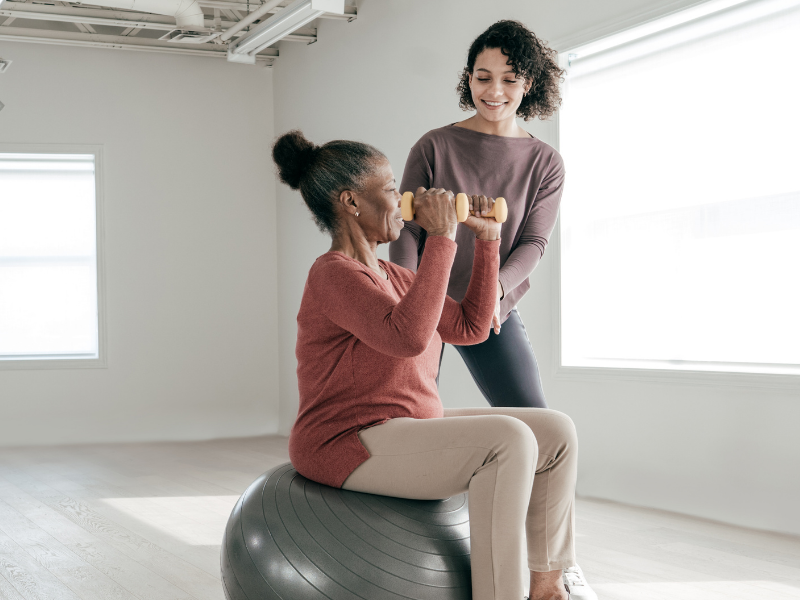
Types of Arthritis:
There are three prevalent types of arthritis:
- Osteoarthritis: When the cartilage at the end of bones wears down, the bones rub together. This is osteoarthritis, and it’s the most commonly known form.
- Psoriatic: This form only happens to people with psoriasis, affecting ligaments, tendons, and joints.
- Rheumatoid: Rheumatoid arthritis is actually an autoimmune disease. The lining of the joints becomes inflamed, and they begin deteriorating.
It’s important to remember that while more common in the aging community, arthritis can happen at any age. Also, just because your loved one is talking about joint aches, you need to have them see a physician to conclusively render a diagnosis. Other conditions including lupus, gout, and bursitis cause joint pain.
Caring for Individuals with Arthritis
Arthritis Awareness Month isn’t just dedicated to raising awareness, but also to education. What can you do to help someone in your life with arthritis? Perhaps most importantly listen. It’s hard to understand the pain someone has radiating from within. You can, however, SEE how they move, when they hesitate or stumble, or when they strain to open jars (for example).
Now, people have pride. They may not ask for help. So you can open the lines of communication. Approach it from the point of view that you want to learn from them about how arthritis impacts their life. A lot of great ideas will result from that conversation. Just take care to step back when the answer is, “no, let me do this.” A sense of independence is important so long as they are not putting themselves in harm’s way.
Professional Assistance
When you have an in-home caregiver, that person can keep your loved one as active as possible while still taking safety precautions. Examples of the types of assistance AmeriBest Home Care Philadelphia, PA provides include:
- Bathing
- Bending/reaching
- Dressing
- Grooming
- Lifting
- Medication regulation
- Mobility, and much more.
Don’t hesitate to contact us on our web form, by email at info@ameribest.org, or by calling our Philadelphia office 215-925-3313; 1-800-HOMECARE (PA only).

